Why is vegan cheese so bad, you ask?
Well, you know what?
It isn’t.
It just isn’t dairy cheese.
So if you want to be liberated from the loop of missing dairy cheese and being disillusioned with vegan cheese, then read on.
Table of Contents
So Is Vegan Cheese Bad – or Not?
First of all, not all vegan cheese is bad, but some definitely are.
There are three groups of vegan cheese and each one is unique.
- Mainstream supermarket vegan cheeses
- Artisanal vegan cheeses
- Homemade vegan cheeses
Most vegan cheese which are bad come from the first group.
The second group is split between tasty or less tasty, and healthy or less healthy.
The third group can be as healthy and tasty as you make it. Homemade vegan cheese can be scrumptious and nutritious.
So if you’re craving cheese or wishing your vegan block tasted more like dairy and had a healthier nutritional profile, then this post is for you.
Mainstream Commercial Vegan Cheese
What kind of cheese do you miss most?
I bet it’s the hard cheese, the kind you’re used to grating on spaghetti, stuffing in jacket potato, melting on toast or slicing into a sandwich.
Ok, so you might miss a delectable cheese board, you know the kind – with a strong blue cheese, an over-ripe brie and a slice of some unknown cheese you’ve never tried before.
But that doesn’t compare with the fact that every day, in every meal, you detect the absence of the cheddar or gouda (or whatever hard cheese).
So the first vegan cheese you reach for when you first turn vegan is a hard block which you’ve found in the cold isle of the supermarket.
It looks like cheese and it’s packaged like cheese. So you figure it must be cheese.
Only problem is, it doesn’t taste like cheese. And to add insult to injury, it’s either void of nutritional value, or it’s actually unhealthy for you.
Hard vegan cheese seems to be the most challenging type to find with a appetising flavour and nutritional value.
So if you taste it for the first time expecting a classic cheddar, you’re going to be disappointed.
It’s that simple.
Adjust your expectations and before too long you might find yourself loving vegan cheese.
Why is Hard-Style Commercial Vegan Cheese so Bad?
- Most hard-style commercial vegan cheeses are made from a mix of coconut oil, a form of starch, and carrageenan, which often provide no nutritional benefit and no protein.
- Carrageenan is surrounded by controversy as scientific studies show it to be a carcinogenic and some scientists have actually requested its restriction.
- Vegan hard cheese doesn’t manage to mimic the flavour or texture of dairy cheese very well (yet), but instead has a more plastic texture and bland flavour.
- Vegan cheese doesn’t contain casein (thank goodness), a protein found in cow’s milk which gives cheese its typical characteristics and flavour (see below for a new ‘vegan’ cheese with casein).
- Wrong expectations: if you try vegan cheese expecting a replica of your local cheddar, you’re going to be disappointed no matter what it tastes like because you’re searching for a memory – an idea that doesn’t exist.
Common Ingredients in Hard Vegan Cheeses:
- Oil: the most common oil used in the production of commercial vegan cheese is coconut oil. Other oils are palm oil, canola oil and sunflower oil
- Starch: potato starch, maize starch, tapioca starch, pea starch
- Thickeners: carrageenan, guar gum
- Flavourings: natural flavourings
- Other ingredients: various other ingredients can be found including natural colouring and flavouring agents.
What is Casein Protein? (Found in Dairy Milk)
Casein protein gives cheese it characteristics (think stretchy, gooey, crumbly . . . yes all of it) and is only in dairy milk.
Casein doesn’t come from plants. But one company, called New Culture has developed a plant based casein by using a fermentation process they call precision fermentation.
With this new type of plant based casein replacement, they’ve made a revolutionary mozzarella that apparently stretches and melts the same as dairy mozzarella.
New Culture says it’s cheese without the cow.
I haven’t tried their mozzarella. But for sure this young industry will continue to grow and change with each year as we see more cheesy versions of vegan cheese emerging.
What is Carrageenan? (Added to Many Vegan Cheeses)
Carrageenan comes from red seaweed and is used as a thickener and stabiliser.
It’s used in many different types of products including but not limited to toothpaste, ice-cream, vegan jelly, cakes, desserts, milkshakes, diet drinks, vegan cheese and more.
According to this article on Medical News Today, it’s often added to chicken meat (to make it juicy for longer), as well as to other meats and to dog food.
It acts a bit like gelatine and can also be found in chewy sweets or chewy vitamin tablets.
But carrageenan is surrounded by controversy.
There are calls to have it taken off the market, though the scientific studies so far have shown a health hazard to animal cells rather than humans.
The long list of possible side effects from consuming carrageenan range from bloating, stomach ulcers, IBS, glucose intolerance and colon cancer.
In fact the FDA listed carrageenan as a ‘possible’ carcinogenic food.
Artisan Vegan Cheeses (And Why They May Be Better)
Artisan vegan cheeses vary enormously.
You might stumble across a gooey & delicious cashew camembert while you’re sitting at a vegan Café and discover that it’s made with only healthy ingredients.
(You know the kind of cheese that warrants dreaming about?)
Or you might buy an artisan vegan cheese that tastes like plastic and/or is full of sugar, salt or carrageenan.
Small companies make vegan cheeses all around the world. And while they’ll never be whole foods, they have the potential to be much more tasty and healthy than the mainstream cheddar imitations.
Artisan vegan cheeses tend to be made from nuts, with cashews being the most common nut in the production of cheese.
If you’re going to include commercial vegan cheese in your diet, I recommend you study the ingredients first.
And if they’re fine, move on to the taste test.
Video of Innovative Vegan Cheese
Is All Vegan Cheese Unhealthy?
Shop bought commercial vegan cheese is a processed food. So if you’re eating a strict WFPB diet, you won’t be including vegan cheese.
But most of us like to do things in moderation, and having the odd bit of vegan cheese on your plate won’t take away from the health benefits of eating WFPB the rest of the time.
If you look at the ingredients of a standard vegan hard style cheese from the supermarket or health store, you’ll see that normally none of the ingredients are actually health-giving.
They tend to be high fat, high sugar/salt and low protein, meaning that this kind of vegan cheese isn’t really something you want to include in your diet unless for you, you really find it a treat.
And then it might be worth it.
Because it’s important to take care of your mind and your optimism when you’re on a path of change. Maybe that little bit of vegan cheese can stop you from craving a hamburger for example.
Homemade vegan cheese or a good quality artisan cheese is slightly different as they can be healthy, especially when eaten in moderation.
Why does Some Vegan Cheese Taste Horrible?
The reason vegan cheese tastes horrible to you might be because you’ve just stopped eating dairy and you’re jumping onto the vegan cheese expecting it to be the same.
And it isn’t.
In fact it isn’t from the udder of a cow so, why would you expect it to taste the same?
The good news is, if you take a break from cheese completely and start investigating new foods as being ‘new’ flavours rather than copies of old things, then you might be surprised to find that vegan cheese doesn’t taste so bad after all.
Or maybe it tastes delicious.
Depending on who you are and what vegan cheese you’re eating.
I actually like to have a bit of vegan cheese in my fridge, even though I don’t eat it very often.
It’s a similar story with tofu. You might find tofu disgusting in the beginning, but give it time and your taste buds will change and you may find you get to love tofu.
Why is Vegan Cheese Called Cheese?
Vegan Cheese is called cheese because it’s used in the place of cheese and because its made using the same process as dairy cheese (though this is not always the case of course).
Whenever you would have eaten the old dairy cheese, you look to put something there in its place and that, my friend, is vegan cheese.
Why Homemade Vegan Cheese Isn’t Bad
Homemade vegan cheese in the main part doesn’t actually try to imitate dairy cheese – it has its own character in its own right.
And it can’t be called ‘bad’.
Ever.
Except when it’s made bad of course.
Because it’s delicious, nutritious and as healthy as the ingredients your choose to put in it.
Homemade vegan cheese uses ingredients like cashews, tofu, walnuts, agar agar, tapioca and nutritional yeast.
Personally I would never add an ingredient like carrageenan for example – but some people do. For me, it’s what I would call a non-food, which at best doesn’t help you at all, and at worst can hurt you.
So why eat it?
I also don’t add sugar to my cooking. Ever.
By the way, do you know that sugar isn’t always vegan?
Unbelievable, I know.
But it is possible to make some healthy and tasty cheese replacements, but you’ll need to give yourself time to adapt to the new flavour and concept.
Take a homemade vegan parmesan for example, it’s so simple and healthy and tasty – but it doesn’t compete with traditional parmesan – it’s different.
And because vegan cheeses aren’t cheese.
You might be interested in this article on how to give up traditional cheese when you first become vegan or this article on why vegans crave cheese (the reason may surprise you!)
How to Solve the Vegan Cheese Dilemma
It’s actually very simple when you’ve been vegan for a long time, but in the beginning, it’s one of the things people miss most when they first go vegan.
Be gentle on yourself. Changes take time.
- Adjust your expectations. When you give up dairy by choice, you actually don’t want to eat it but your subconscious mind doesn’t know that. If you take time to reprogram your subconscious mind, so that it really knows that dairy cheese repels you, then you’ll find it much easier to go without it. And to open your taste buds to accepting new flavours. Because that’s what vegan cheese is – a new flavour. Sometimes an absolutely delicious one at that.
- If you decide to buy some of the vegan cheese which has no nutritional benefits, limit it to special occasions. Eat it if it fills the gap, but acknowledge that it lacks protein and goodness.
- Find an artisanal vegan cheese company which uses cashews and wholesome ingredients to create their vegan cheeses. (See below)
- Make your own vegan cheese and choose healthy ingredients so that you get vegan cheese with a tasty, nutritious profile.
- Recognise that you don’t actually need cheese in your life. Treat it as what it is, an addiction. Work on changing the mental landscape rather than fixating of the absence of dairy.
Vegan cheese is bad only if it a) tastes horrible and b) is made with unhealthy ingredients – which tends to be the mainstream commercial cheeses and some of, but not all the artisanal vegan cheeses.
I hope you liked this post on why vegan cheese is bad, and I hope that you get to give up cheese once and for all without craving it and find some healthy vegan replacements which you love.
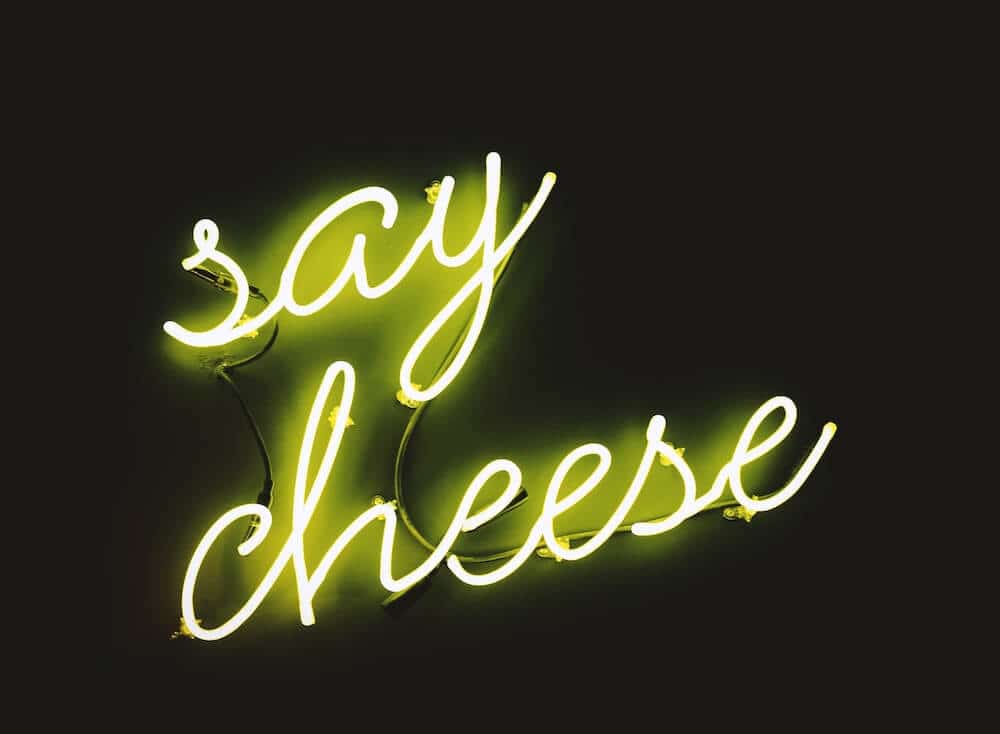
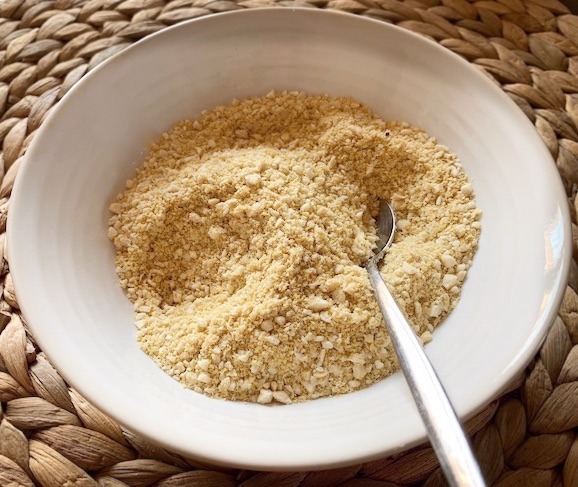
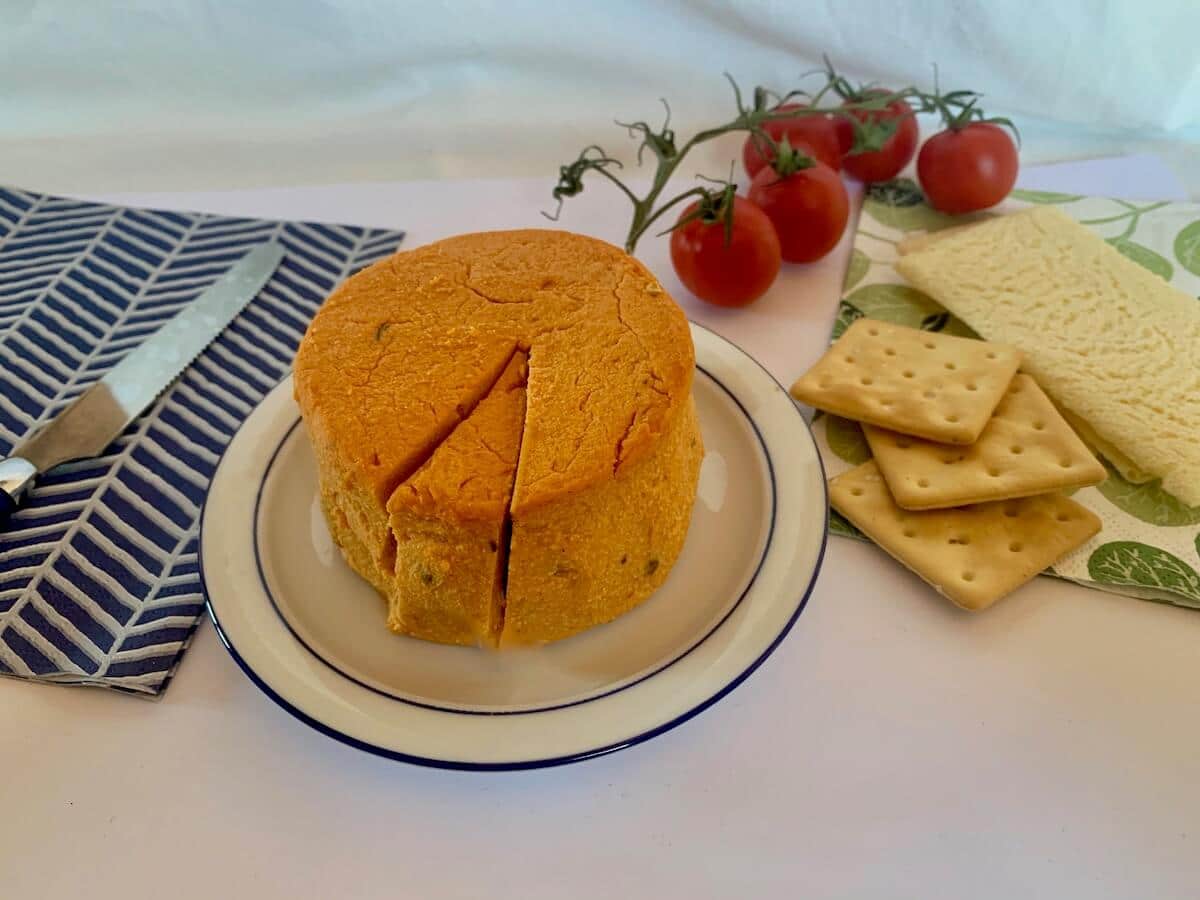
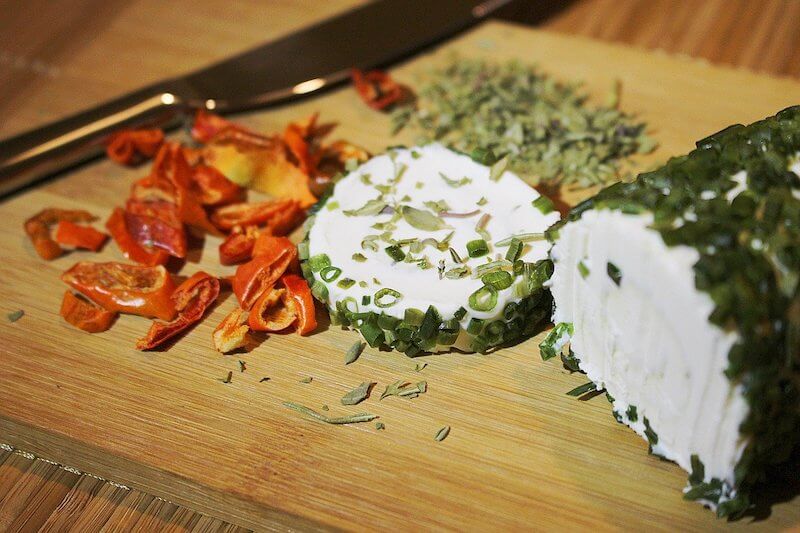

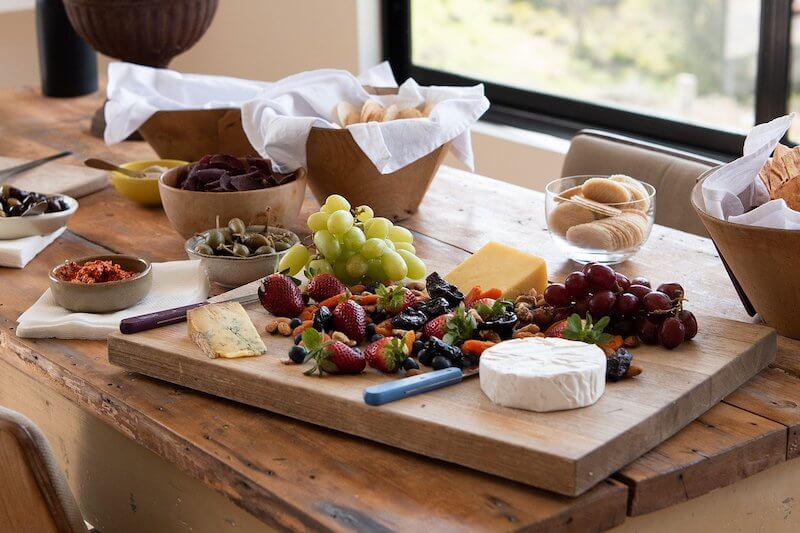
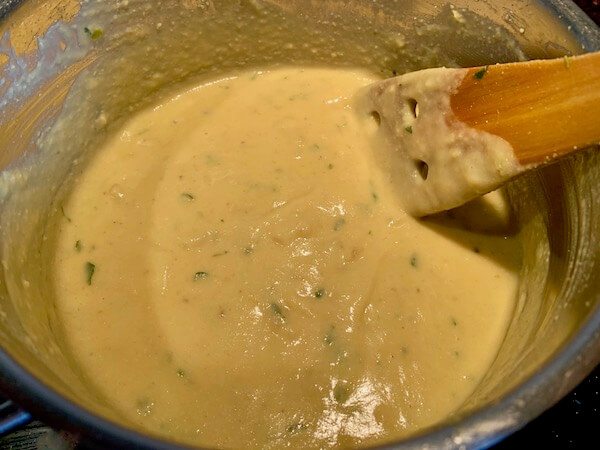

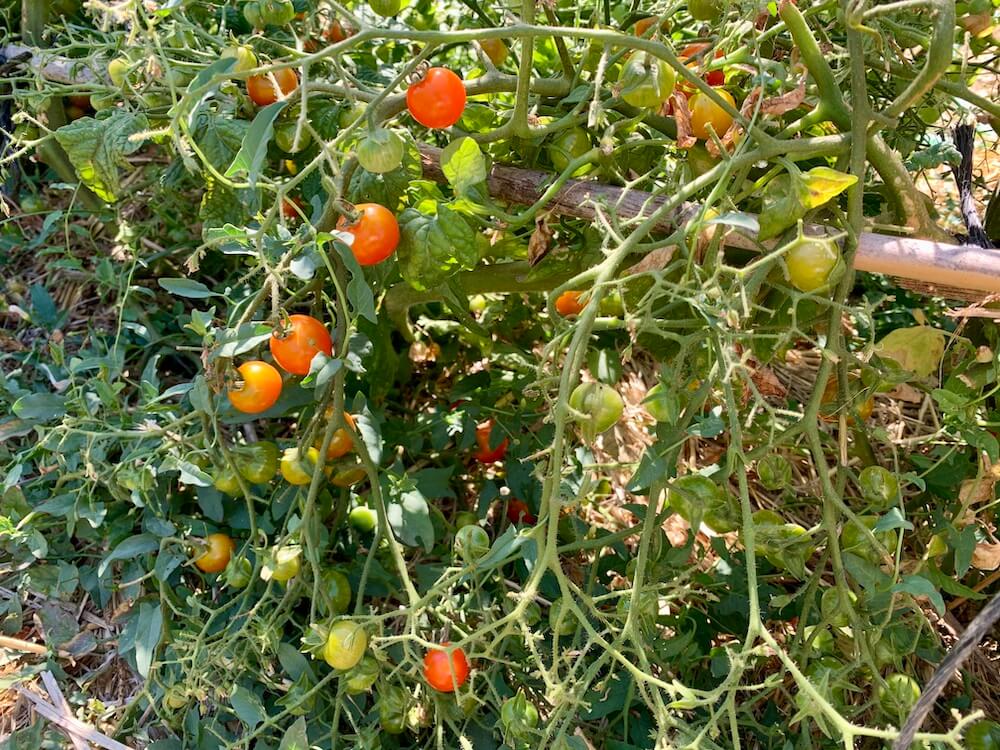

I just love matured and other hard cheeses. Your article proved that in my cow milk free live I have to make just one exception: cheese. Why is it so hard to make mature cheese of fresh cheese? It already is a factory produced product after splitting everything in cow milk to basic ingredients.
Hi and welcome!
The choice between eating cow’s milk cheese or plant-milk cheese is one made from the head and the heart, not from the taste buds. Once you’ve been free of dairy cheese for a while the cravings go away 100% and it might even become repulsive to you as it has to me. (I used to be the biggest cheese-head before I realised what I was supporting.)
If you chose to give up dairy for the animals, missing a mature cheese won’t be enough of a reason to stop you from giving up cheese, and if you’ve chosen a plant based lifestyle for health, then you most certainly won’t want to be eating dairy cheese.
There is nothing in favour of real cow’s-milk cheese except the addiction which it creates. You might like to read about that in this post on how to give up traditional cheese.
Whatever happens, remember it’s actually easy to give up cheese, it just takes some time and dedication. Good luck!
I am not vegan. But I try to go easy on meat and animal-derived products. Also, for health and weight maintenance, I decided to go with the Marilu Henner no-dairy dictum.
Well, land of Goshen, that vegan cheese sucks. I have been buying it at Trader Joe’s, so I thought how bad can it be? Bad. The cheddar is the worst. For grilled cheese, I have had better luck with some almond mozzarella and mock parmesan. Barely passable.
“Fast Food Nation” told us that fast food has a big say in our food supply, and how we eat in general. I have often thought that Mexican fast food could create a vegan breakthrough with ground soy plus a lot of seasoning for tacos, tostadas , burritos, etc. But that brainstorm is going nowhere unless they fix the cheese.
It should be not so hard. Put traditional cheese in a gas chromatograph, and see what biochemicals come out. Then match them with vegan components to make a decent cheese.
Eating less meat and animal derived products for a better plaent cannot become a reality for the masses unless the Food Industry gets behind it and makes it taste good.
I’ve found that I like Vemondo’s grated cheese for sprinkling over food and their cheese slices, like super occasionally.
But the reality?
I’ve changed my habits so much that I’ve slashed the mental connection to cheese – I went without cheese for eons. Now, I do sometimes eat the Vemondo processed stuff as an extra but it’s not really an important food for me – whereas I used to be a real cheese-head – eating cheese with absolutely everything!
I get the Vemondo in Lidl. Have you tried it? It doesn’t taste the same as dairy cheese, but once you’ve got your head round that and don’t expect it to, then it’s pretty much ok. Don’t go expecting to do everything you can do with cheddar though.
I do think the food industry will evolve as the demand for planet-friendly food grows, and maybe with time the vegan cheese will do also.
In the meantime, I hope you can break the mental connection with dairy cheese and enjoy the health benefits of living dairy-free. Well done you for taking the step, that’s all I can say.
Keep it up! Thanks for reading and for sharing your experience, and good luck!
Soraya 🙂